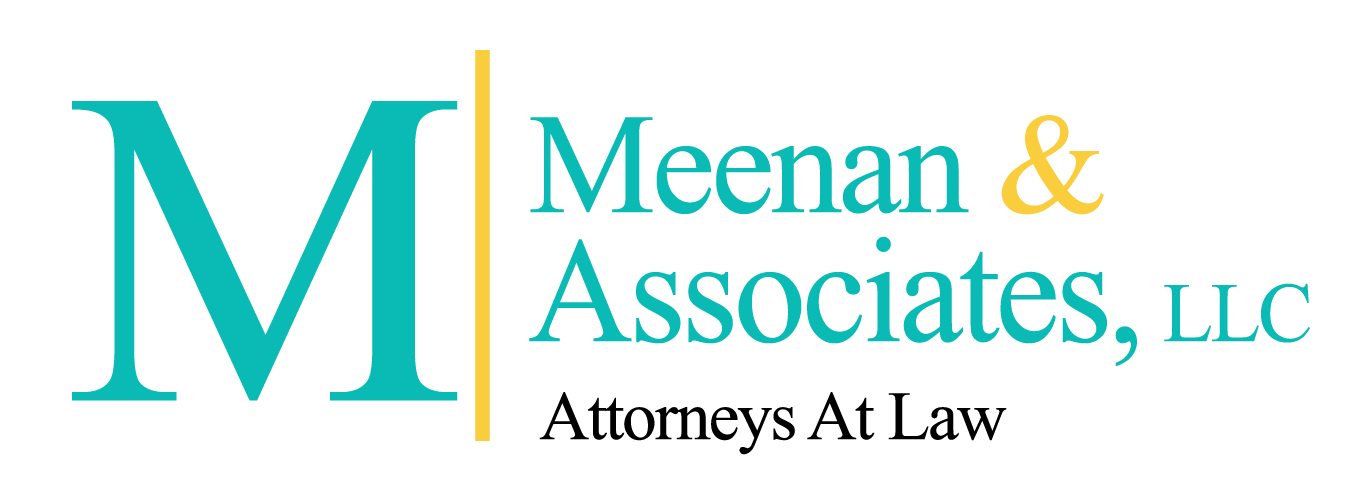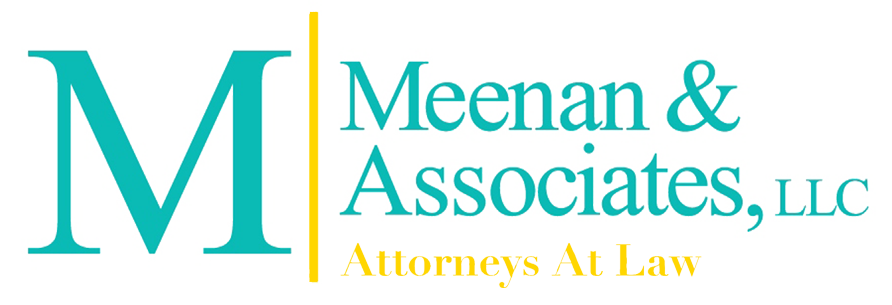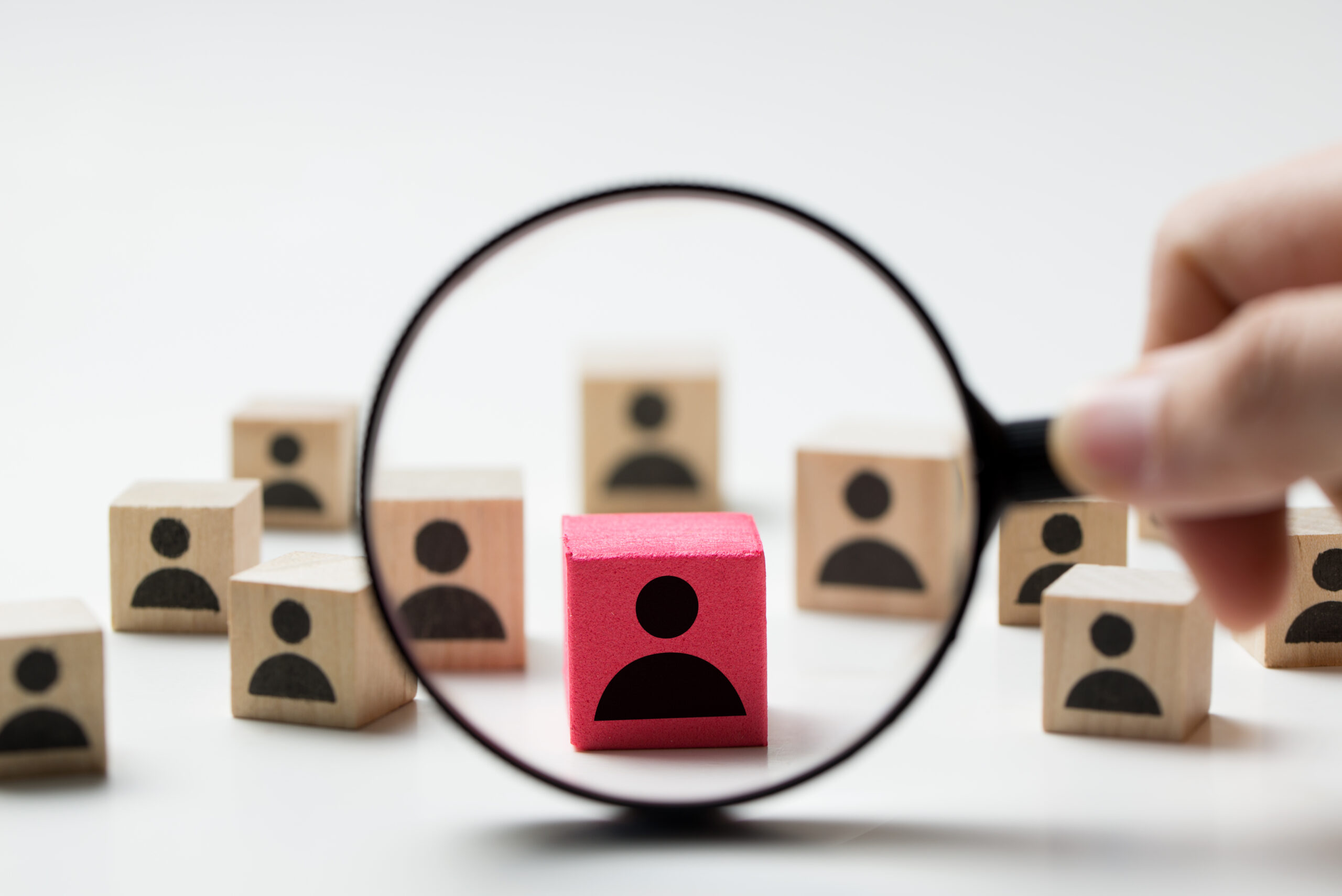Effective May 10, 2020, it will be an unlawful discriminatory practice in New York City for most employers to conduct pre-employment testing for marijuana and tetrahydrocannabinol (THC), an active ingredient in marijuana. The law applies to both public and private employers in NYC, including companies whose headquarters are elsewhere, labor organizations and employment agencies. The ban, known as “Local Law 91,” is the first of its kind in the nation. Prior to the effective date, the New York City Commission on Human Rights is expected to formulate rules to guide the implementation of the law, which amends the New York City Human Rights Law.
The passage of this law is at long last some recognition that the “war on drugs,” begun with the legislation in the 1970s to combat illegal drug use by increasing penalties, enforcement, and incarceration for drug offenders, was woefully ineffective. Since its inception, the “war on drugs” has consistently been an expensive and ineffective public policy. In addition, its selective enforcement has resulted in the incarceration of thousands of individuals of color for non-violent offenses. The resulting incarceration of thousands of mostly non-violent illegal drug users, driven by the media and opportunistic legislators, was racist in its enforcement and effect.
The new law recognizes the changing policies in NYC and New York State toward how pot is viewed and policed. Since August 2019, for example, smoking marijuana in NYS is punishable as a violation and only by a fine, instead of with jail time. Along with the decriminalization of marijuana use, NYS also instituted a process for people with low-level criminal records of possession of marijuana to have those records automatically expunged of crimes. Along these lines, Local Law 91 recognizes that the fact that a job applicant took marijuana at some point in time before being hired is not indicative of that applicant’s ability to perform the job.
However, the new law does provide numerous exceptions, allowing for pre-employment testing of candidates applying for public safety jobs, many construction jobs, positions involving the care and supervision of children, vulnerable persons or medical patients, and positions that significantly impact the health or safety of others. The law does not apply when testing is required by city, state or federal transportation regulations, federal contracts or grants requiring testing as a condition of procurement, or collective bargaining agreements that address pre-employment drug testing of applicants.
The law also does not restrict employers from screening applicants for other types of drugs and does not address cannabidiol (CBD), another active ingredient in marijuana. Since the law applies only to pre-employment testing, employers will still be able to lawfully test existing and new employees for marijuana and THC and to take adverse action against them.
For more information or to consult with an experienced NYC employment discrimination attorney, please contact Colleen M. Meenan at Meenan & Associates, LLC.


